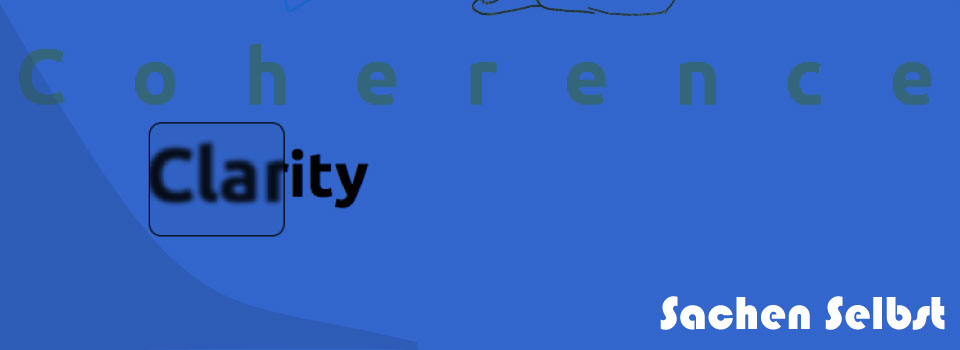
x
Contents
Home
Home
Home

A Motto for Motives
Richard Thames’s 2012 “The Meaning of the Motivorum’s Motto” offers a detailed exposition of Burke’s motto, pointing to the ambivalent interpretation of bellum as either “war” or “beautiful [thing].” A purification of war would be rhetoric for all: disagreement, debate, dialectical competition as a cathartic replacement or purification of war. Polemics for peace. The purification of the beautiful would be realized in acts of (or perhaps toward) pure persuasion.
Thames shows that Burke sees humans as fundamentally divided: “But the ultimate cause must be traced to the very nature of things (the existence of time and space and thus of distinction and potential division between parts which language in its thorough operation makes actual)—a ‘proto-fall’ for which language provides no remedy” (italics in original). I've discussed elsewhere Diane Davis’s opposition to Burke on just this point. For Davis, we are united before we are separated, and there is a persuasion before symbolicity, a nonsymbolic action. However, if we are left with Burke’s originary difference, Thames tells us,
The ultimate remedy lies only in an end to the nature of things—the escaton. Language provides temporary solace by generating an experience of wholeness through drama and (preferably) dialectic. But the experience of wholeness is shattered by (linguistic) action of any kind. The experience can be maintained only by a constant repetition of drama or dialectic.
Thames reads Burke as proposing a kind of fort-da play of rhetoric in the face of the encroaching darkness. Once again, the death drive propels us toward attempts at clarity and coherence that are doomed to fail before they begin: “The eternal repetition which at first provides solace eventually becomes a source of despair from which death is the only escape, a position characteristic of Zen Buddhism in which the Nirvana of nothingness and oblivion is sought” (italics in original). Fort, da, fort, da, against (in both senses) death, propelled by death.
While things sound bleak, Thames tells us that Burke still has a kind of solution, or at least nonsolution: “Thus, action is depreciated by Burke, the only action sanctioned being incipient (or more accurately, substitutive): an attitude of Neo-Stoic resignation à la Spinoza” (italics in original). As you might guess from Thames’s emphasis, attitude is a term of particular concern for Burkeans.

